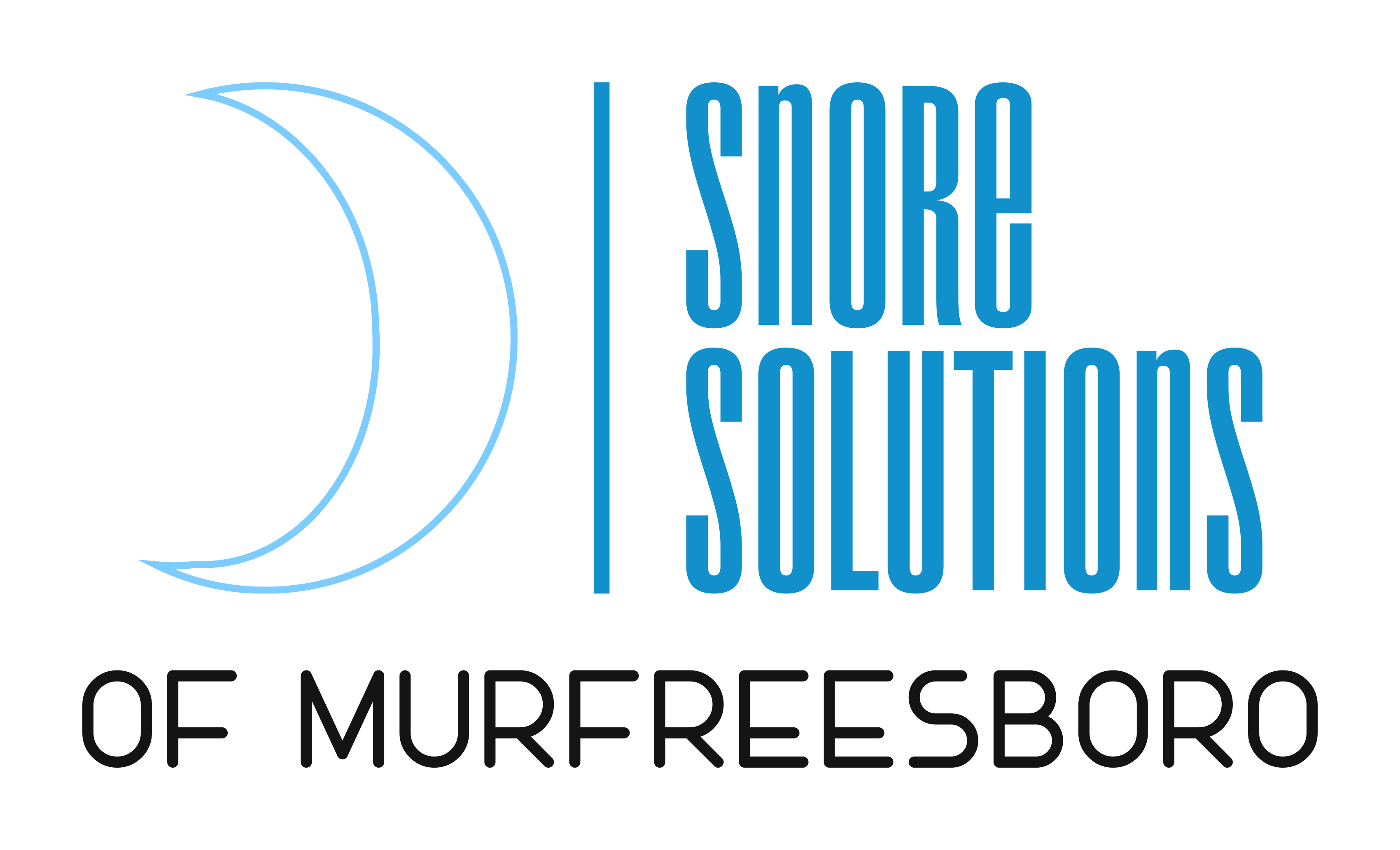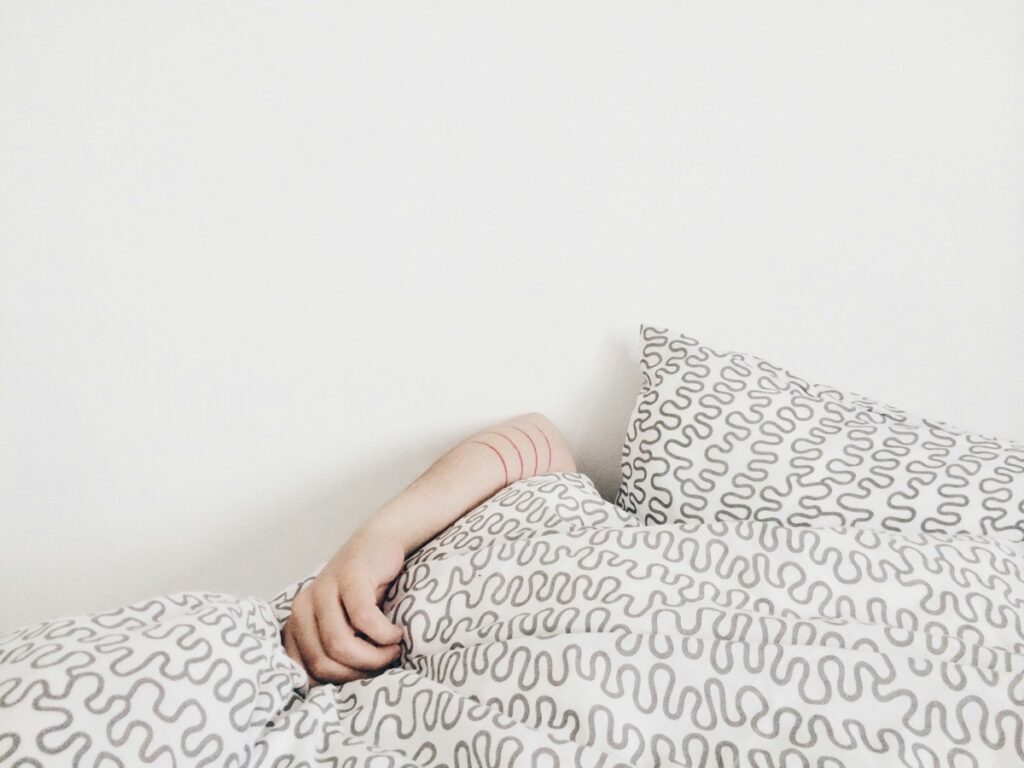Individuals who consistently experience fatigue and drowsiness throughout the day, despite obtaining an adequate amount of sleep, may be exhibiting symptoms of sleep apnea. The following discussion will delve into the definition of sleep apnea, its various classifications, and the potential repercussions it can have on an individual’s quality of sleep and daily functionality.
Furthermore, this dialogue will address the criticality of diagnosing sleep apnea promptly and will present an array of treatment alternatives, including CPAP therapy and oral appliances, that are available to mitigate its effects. Recommendations on adopting healthy sleep practices and stress management strategies to combat daytime exhaustion will also be provided.
We invite you to accompany us on this exploration of sleep apnea, where we endeavor to enhance your understanding of the condition and offer guidance on how to enhance your sleep quality and overall well-being.
Understanding Sleep Apnea
A thorough comprehension of Sleep Apnea is essential in comprehending its implications on health. This prevalent sleep disorder impacts millions of individuals globally, resulting in complications such as daytime lethargy, persistent tiredness, and significant health hazards, inclusive of cardiovascular problems and mental health issues.
The ensuing section will explore the multifaceted facets of Sleep Apnea, encompassing its definition, classifications, symptoms, etiologies, and the assortment of treatment alternatives accessible. This comprehensive analysis aims to facilitate prompt identification and efficacious management of the condition.
What is Sleep Apnea?
Sleep Apnea is a consequential sleep disorder characterized by recurrent interruptions in a person’s breathing while asleep, often attributable to an obstructed or constricted airway.
The respiratory pauses associated with Sleep Apnea may result in diminished oxygen saturation levels in the body and fragmented sleep architecture. Consequently, affected individuals may manifest symptoms such as excessive daytime tiredness, morning cephalalgia, and cognitive difficulties.
Prominent indicators of Sleep Apnea encompass pronounced snoring, instances of gasping for air during slumber, and instances of respiratory cessation as noted by a bed partner. It is imperative to discern between obstructive Sleep Apnea, stemming from physical obstructions within the airway, and central Sleep Apnea, arising from deficient signaling between the brain and the respiratory muscle groups.
Types of Sleep Apnea
The three primary types of Sleep Apnea are Obstructive Sleep Apnea (OSA), Central Sleep Apnea (CSA), and Complex Sleep Apnea Syndrome.
Obstructive Sleep Apnea (OSA) stands as the most frequently encountered form, characterized by the relaxation of throat muscles during sleep, thereby obstructing the airway. This obstruction results in breathing pauses and may manifest as loud snoring or gasping for air.
Conversely, Central Sleep Apnea (CSA) is less prevalent and arises from a failure of the brain to transmit appropriate signals to the muscles responsible for breathing.
Complex Sleep Apnea Syndrome represents a combination of OSA and CSA, rendering it more complex to manage. All forms of sleep apnea can lead to symptoms such as daytime fatigue, headaches, and potentially severe complications like hypertension or cardiac issues.
Effects of Sleep Apnea on Daytime Fatigue
The consequences of Sleep Apnea are not limited to disturbed sleep but also encompass significant effects on daytime fatigue and chronic fatigue. These effects culminate in reduced alertness, impaired mental clarity, and an overall decline in health and well-being.
How Sleep Apnea Disrupts Sleep
Sleep Apnea is a condition that disrupts sleep by causing frequent interruptions in breathing, resulting in lowered oxygen levels and hindering restorative sleep cycles. These interruptions, referred to as apneas, signal the brain to partially awaken in order to resume breathing, leading to fragmented sleep patterns. This continuous cycle of interruptions prevents individuals from entering deep, restful sleep stages that are essential for physical and cognitive rejuvenation. The diminished oxygen levels during these episodes can activate the body’s stress response, further disrupting the natural sleep-wake cycle and diminishing the overall quality of sleep attained.
Impact on Daily Functioning
The effects of Sleep Apnea on daily functioning can be significant, resulting in pronounced daytime fatigue, diminished mental clarity, and enduring exhaustion.
These symptoms can have a substantial impact on an individual’s personal and professional life. Those with untreated Sleep Apnea may encounter difficulties maintaining focus at work, leading to reduced productivity and performance. Furthermore, relationships within family and social circles may be strained due to irritability and lack of energy. Moreover, the likelihood of accidents, both at home and in professional settings, rises with impaired cognitive function and excessive daytime sleepiness.
Without intervention, Sleep Apnea can have far-reaching health consequences, including conditions like hypertension, heart disease, and stroke. This underscores the critical nature of promptly seeking diagnosis and treatment.
Diagnosing Sleep Apnea
The diagnosis of Sleep Apnea entails a comprehensive medical evaluation that frequently necessitates a sleep study administered by a sleep specialist. This study is conducted to assess the symptoms and ascertain the severity of the disorder.
Symptoms and Diagnostic Tests
Common symptoms of Sleep Apnea include loud snoring, frequent breathing interruptions during sleep, and excessive daytime fatigue, which can be confirmed through diagnostic tests.
Individuals experiencing Sleep Apnea may also notice morning headaches, irritability, difficulty concentrating, and dry mouth upon awakening. Polysomnography, a comprehensive sleep study, and Home Sleep Apnea Tests (HSAT) are commonly used diagnostic tools to evaluate the severity of the condition.
During a polysomnography, various parameters such as breathing patterns, oxygen levels, heart rate, and brain activity are monitored. Consulting a sleep specialist is crucial for accurate diagnosis and to tailor an appropriate treatment plan for managing Sleep Apnea effectively.
Treatment Options for Sleep Apnea
The treatment options for Sleep Apnea are varied, encompassing a spectrum of interventions from Continuous Positive Airway Pressure (CPAP) machines to a range of oral appliances and specialized Sleep Apnea devices. These treatment modalities are specifically designed to mitigate symptoms and enhance the quality of sleep for individuals affected by Sleep Apnea.
CPAP Therapy
CPAP Therapy is a widely utilized treatment method that involves the use of a CPAP machine to administer continuous positive airway pressure. This pressure serves to keep the airway unobstructed and maintain regular breathing patterns during the sleep cycle.
This therapeutic approach is particularly efficacious in addressing obstructive sleep apnea, a prevalent sleep disorder characterized by the collapse or blockage of the airway during sleep, resulting in breathing interruptions and fragmented sleep architecture. By delivering a consistent air pressure stream via the CPAP machine, this treatment modality helps prevent airway collapse, thereby enabling individuals to respire freely throughout the nocturnal period.
Although CPAP therapy has demonstrated effectiveness, some users may encounter difficulties adhering to the treatment regimen due to discomfort, skin irritations, or dryness of the oral and nasal passages. Nevertheless, with appropriate adjustments and support, most individuals can acclimate to the therapy and realize substantial enhancements in sleep quality and overall well-being.
Oral Appliances
Oral appliances represent a less invasive treatment modality for Sleep Apnea, specifically designed to reposition the jaw and tongue to maintain airway patency during sleep. These appliances are available in various types, including mandibular advancement devices and tongue retaining devices. Mandibular advancement devices operate by gently protruding the lower jaw forward, thereby averting airway collapse. Conversely, tongue retaining devices secure the tongue in an anterior position to prevent its obstruction of the airway. These oral appliances are often favored by individuals who perceive CPAP therapy as uncomfortable or constrictive, rendering them a viable alternative for mild to moderate instances of Sleep Apnea.
Complementary Strategies for Combating Daytime Fatigue
Supplementary measures to address daytime fatigue resulting from Sleep Apnea encompass the adoption of healthy sleep routines, the application of stress management methods, and the implementation of lifestyle modifications that endorse improved sleep hygiene and holistic well-being.
Healthy Sleep Habits
Proper sleep hygiene is crucial for effectively managing Sleep Apnea and can significantly improve sleep architecture, facilitating restorative sleep and alleviating symptoms of fatigue.
Establishing a consistent sleep routine can assist in synchronizing the body’s circadian rhythm, facilitating the process of falling asleep and waking up at regular intervals.
Maintaining a tranquil sleep environment entails ensuring the bedroom is devoid of light, noise, and excessive warmth, thereby promoting optimal sleep quality.
Refraining from stimulants such as caffeine and nicotine prior to bedtime aids in relaxing the mind and priming the body for a peaceful night’s rest.
Stress Management Techniques
Efficient stress management strategies, such as relaxation techniques, can notably enhance the quality of sleep and overall health and well-being of individuals with Sleep Apnea.
Mindfulness meditation stands out as a potent method for alleviating stress, enabling individuals to center their attention on the present moment and foster an awareness of their thoughts and emotions. Research has indicated that this practice can alleviate symptoms of anxiety and depression, fostering a more peaceful sleep experience.
Additionally, deep breathing exercises serve as another valuable tool in stress management, aiding in the calming of the nervous system and reduction of cortisol levels. Through the practice of deep breathing, individuals can elevate their state of relaxation and enhance their sleep patterns.
Moreover, Progressive Muscle Relaxation entails the process of tensing and subsequently relaxing various muscle groups within the body, resulting in decreased muscle tension and heightened feelings of relaxation. This technique can prove particularly advantageous for individuals grappling with sleep disruptions stemming from muscle tension and stress.
Frequently Asked Questions
What is sleep apnea and how does it lead to daytime fatigue?
Sleep apnea is a sleep disorder where a person’s breathing repeatedly stops and starts during sleep. This leads to fragmented and poor quality sleep, which can result in daytime fatigue and excessive sleepiness.
What are the symptoms of sleep apnea?
The most common symptoms of sleep apnea include loud snoring, gasping or choking during sleep, morning headaches, and excessive daytime sleepiness. However, not everyone with sleep apnea snores, so it’s important to look out for other symptoms as well.
How can untreated sleep apnea affect your health?
If left untreated, sleep apnea can increase the risk of developing high blood pressure, heart disease, and stroke. It can also lead to other health issues such as obesity, diabetes, and depression due to the lack of quality sleep.
What are the treatment options for sleep apnea?
The most common treatment for sleep apnea is continuous positive airway pressure (CPAP) therapy, which involves wearing a mask over the nose or mouth during sleep to keep the airway open. Other options include oral appliances, surgery, and lifestyle changes.
How can I combat daytime fatigue caused by sleep apnea?
Apart from treating sleep apnea, there are other ways to combat daytime fatigue. These include maintaining a consistent sleep schedule, avoiding caffeine and heavy meals close to bedtime, and creating a relaxing sleep environment.
Is it possible to have sleep apnea even if I don’t feel tired during the day?
Yes, it is possible to have sleep apnea without experiencing daytime fatigue. This is known as “silent” or “asymptomatic” sleep apnea, and it is important to get diagnosed and treated as it can still have negative effects on your overall health.

